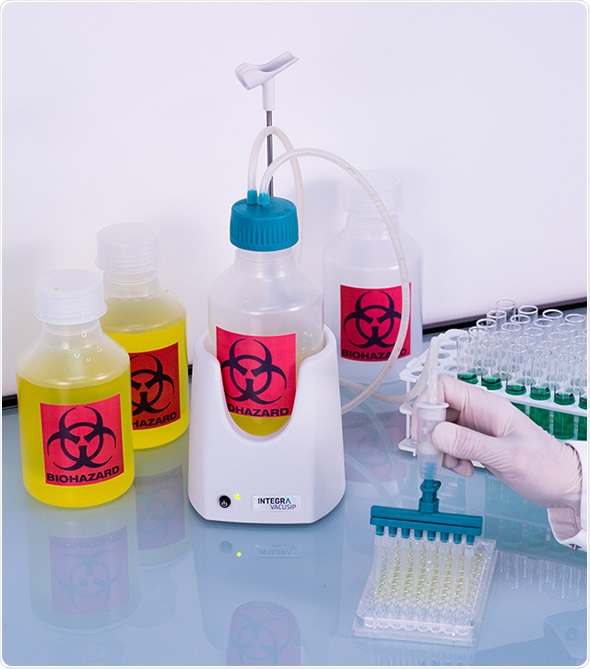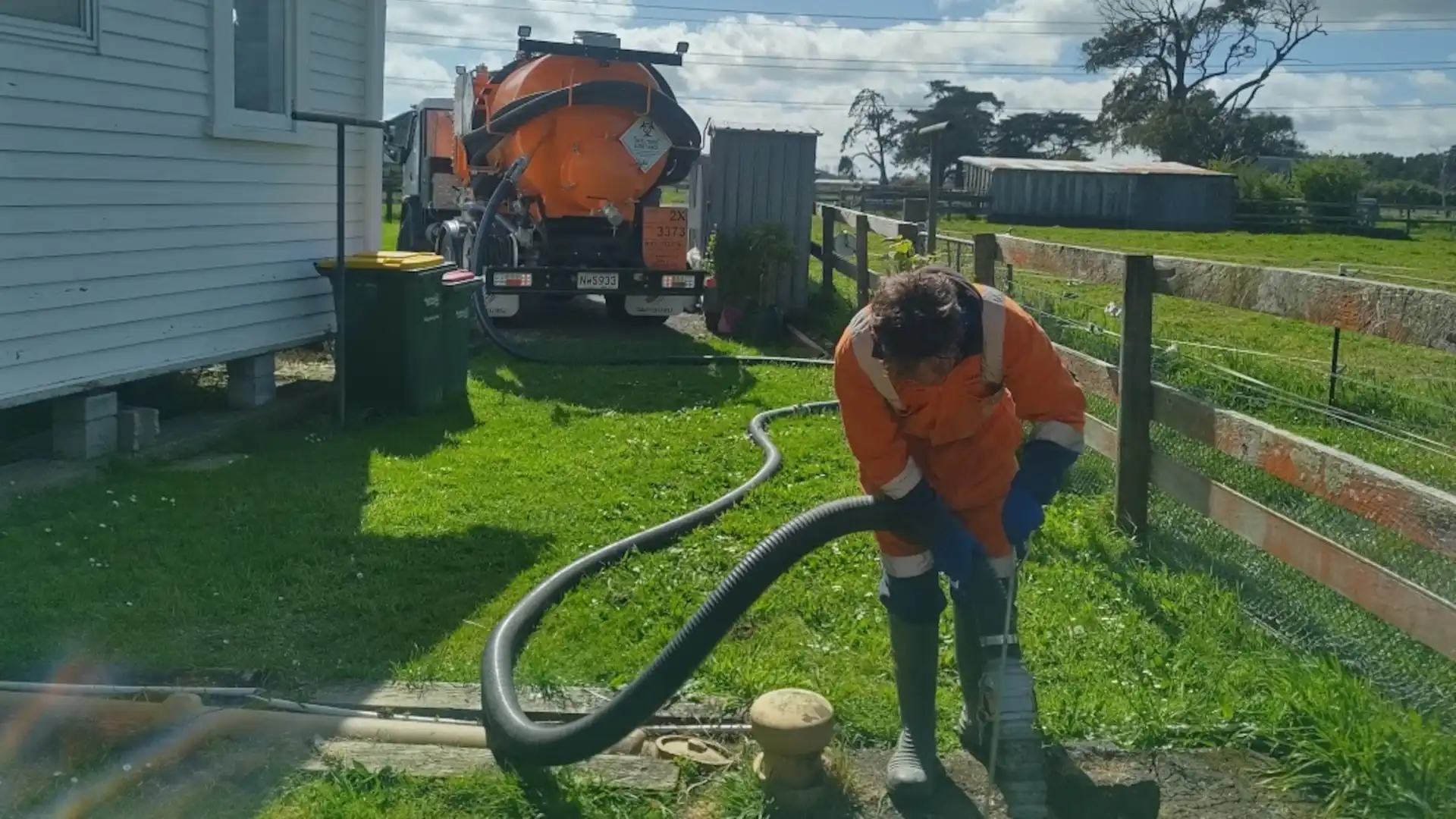Professional Liquid Waste Removal Melbourne: Maintaining Your Setting Tidy
Professional Liquid Waste Removal Melbourne: Maintaining Your Setting Tidy
Blog Article
Comprehending the Comprehensive Refine of Liquid Waste Disposal: Best Practices and Environmental Effect Factors To Consider
The monitoring of liquid waste disposal is a complex problem that needs a thorough understanding of numerous finest practices and their connected ecological impacts. From the kinds of fluid waste produced to the techniques utilized for collection, therapy, and last disposal, each action plays a crucial role in safeguarding communities and public health and wellness. As regulative standards advance and technology advances, the conversation around these processes comes to be significantly pertinent. What effects do these adjustments hold for future sustainability efforts, and exactly how can stakeholders make sure that they are sufficiently addressed?
Kinds Of Fluid Waste
Understanding the numerous types of liquid waste is necessary for reliable monitoring and disposal methods. Fluid waste can be extensively classified into a number of kinds, each needing one-of-a-kind handling and treatment methods.
Industrial liquid waste frequently has hazardous materials, including hefty steels, solvents, and chemicals, produced during producing procedures. These wastes necessitate strict regulative compliance to protect human wellness and the setting. Residential liquid waste mainly describes wastewater created from households, including sewer and greywater, which, although much less hazardous, can still posture considerable dangers if improperly handled.
Agricultural liquid waste, consisting of drainage from ranches, frequently consists of fertilizers and chemicals that can bring about ecological degradation if not treated appropriately. Clinical fluid waste, created from healthcare facilities, consists of infected liquids such as physical liquids and chemicals, needing specialized disposal techniques to stop infection and environmental contamination.
Finally, oil and oil waste, commonly generated by dining establishments and vehicle sectors, can create severe clogs in sewage system systems otherwise handled effectively. Understanding these classifications assists in targeted techniques for treatment, conformity with laws, and reliable disposal approaches, ultimately promoting ecological sustainability and public wellness security.

Collection Techniques
Effective collection methods are essential for the proper monitoring of liquid waste, ensuring that it is collected securely and efficiently prior to therapy or disposal. Different techniques are employed relying on the kind of liquid waste created, the quantity, and the specific features of the waste.
One common approach is the use of dedicated collection storage tanks or sumps, which are created to capture liquid waste at the resource. These systems frequently integrate pumps that facilitate the transfer of waste to larger storage space containers or treatment facilities. Additionally, mobile collection systems furnished with vacuum technology are utilized in circumstances where waste is created intermittently or in hard-to-reach places.
For industrial setups, closed-loop systems can efficiently minimize leaks and spills, enabling for the healing and reuse of fluid waste. It is likewise important to train employees on correct collection procedures to reduce threats related to harmful materials.
Moreover, carrying out regular maintenance timetables for collection tools guarantees optimal efficiency and security. The assimilation of advanced surveillance systems can boost collection effectiveness by providing real-time data on waste levels and possible threats. In general, efficient collection techniques are fundamental to lasting liquid waste management practices.
Treatment Processes
Treatment processes play an essential role in the management of liquid waste, transforming possibly dangerous products right into risk-free effluents or reusable sources - liquid waste disposal. These procedures can be generally categorized into physical, chemical, and organic techniques, each tailored to resolve specific pollutants existing in the waste stream
Physical therapy approaches, such as sedimentation and filtration, job by removing put on hold solids and particle matter. These strategies are frequently the very first step in the treatment chain, properly reducing the lots on succeeding procedures. Chemical therapies involve the usage of reagents to neutralize dangerous substances, speed up hefty metals, or oxidize organic pollutants, thereby enhancing the security of the effluent.
Organic treatment procedures, consisting of triggered sludge systems and anaerobic digestion, maximize the natural capabilities of microorganisms to deteriorate natural issue. These methods are specifically effective for wastewater consisting of naturally degradable toxins. Advanced therapy innovations, such as membrane filtration and advanced oxidation procedures, are significantly employed to accomplish higher levels of filtration.
Including a mix of these treatment methods not just makes sure conformity with regulatory criteria however likewise promotes environmental sustainability by recuperating important resources from liquid waste.
Disposal Options
Just how can companies guarantee the responsible and safe disposal of liquid waste? Effective disposal useful link alternatives are critical for guarding public health and wellness and the atmosphere. The main methods include land incineration, treatment, and disposal complied with by discharge into municipal wastewater systems.
Land disposal involves the mindful containment of liquid waste in marked land fills, making certain that it does not seep right into surrounding dirt or water. Incineration, on the various other hand, subjects fluid waste to heats, converting it right into ash and gases, which call for correct filtration to lessen emissions. This method appropriates for hazardous wastes that can go now not be dealt with with traditional means.
In cases where fluid waste can be dealt with, companies might choose for organic or chemical treatment procedures to neutralize harmful components prior to releasing the treated effluent right into metropolitan systems. This route normally aligns with regulative needs, making certain that the effluent satisfies safety criteria.
Inevitably, organizations must perform extensive analyses of each disposal choice to determine its feasibility, considering factors such as waste structure, regulatory compliance, and possible threats to health and the environment. By choosing proper disposal techniques, services can contribute to a responsible waste administration technique.
Environmental Effect
The environmental effect of fluid garbage disposal is an important factor to consider for companies seeking to reduce their eco-friendly impact. Improper disposal techniques can result in considerable contamination of water resources, dirt degradation, and adverse results on regional ecosystems. As an example, hazardous fluids can seep right into groundwater, posturing dangers to drinking water materials and aquatic life. Additionally, the discharge of neglected or inadequately treated waste right dig this into surface waters can lead to eutrophication, resulting in oxygen exhaustion and the subsequent fatality of fish and various other microorganisms.

To mitigate these effects, organizations have to adopt ideal techniques such as implementing rigorous waste treatment processes, promoting recycling and reuse, and adhering to governing standards. By taking an aggressive method to liquid waste monitoring, entities can considerably minimize their ecological impact while supporting sustainable growth objectives. Ultimately, a detailed understanding of the ecological effects associated with fluid waste disposal is crucial for educated decision-making and responsible stewardship of natural deposits.
Conclusion
Reliable management of fluid waste is important for securing ecological honesty and public wellness. Inevitably, an extensive understanding of fluid waste disposal not only alleviates environmental influences however also cultivates a commitment to liable resource management and ecological stewardship.
The administration of fluid waste disposal is a complex concern that requires a complete understanding of numerous ideal techniques and their associated ecological effects. From the kinds of fluid waste created to the approaches employed for collection, treatment, and last disposal, each step plays an essential duty in guarding communities and public wellness.The environmental influence of liquid waste disposal is a vital consideration for organizations looking for to decrease their environmental footprint. Inevitably, a comprehensive understanding of the environmental influences linked with fluid waste disposal is necessary for informed decision-making and liable stewardship of all-natural sources.
Inevitably, a detailed understanding of liquid waste disposal not only mitigates environmental influences however additionally cultivates a commitment to accountable source administration and environmental stewardship.
Report this page